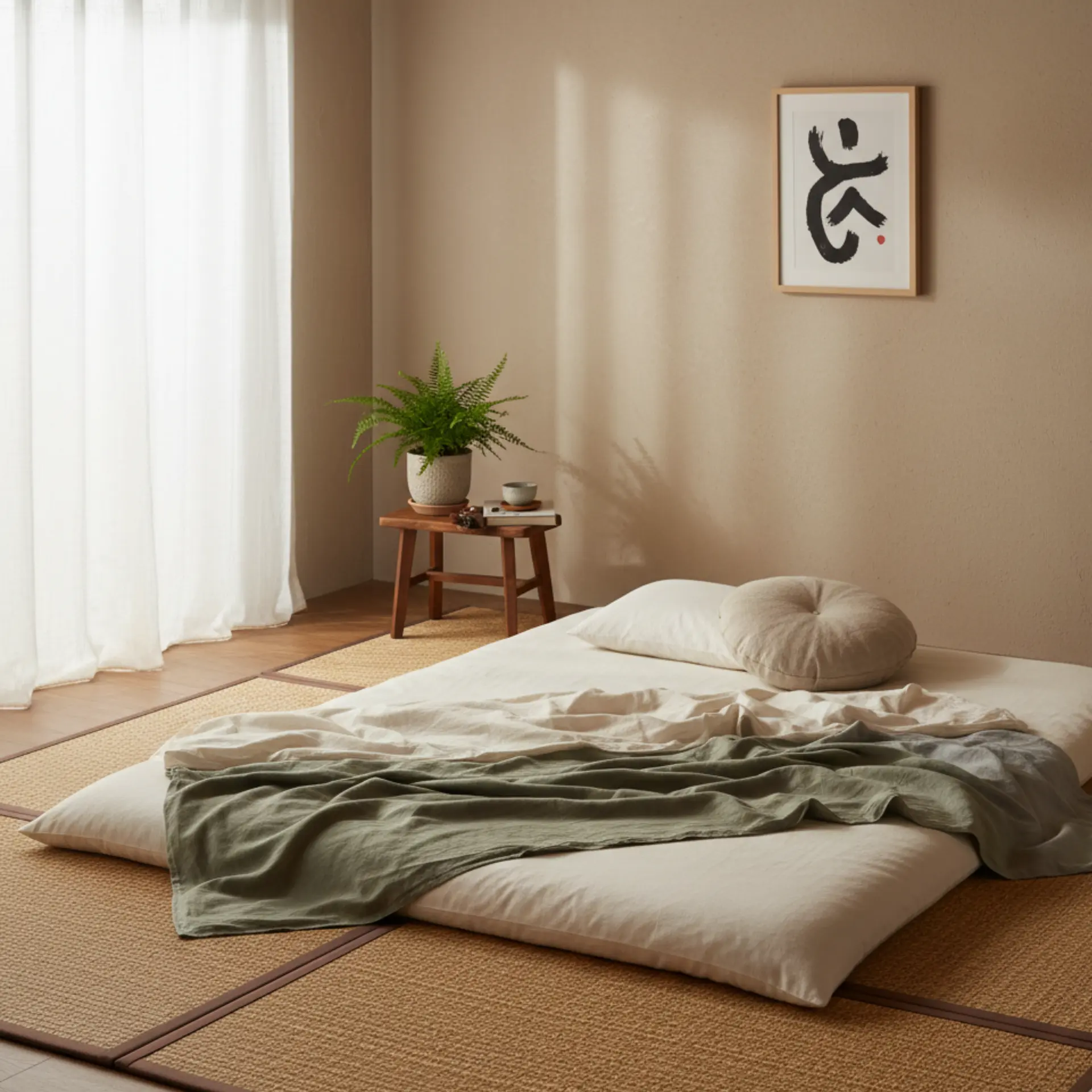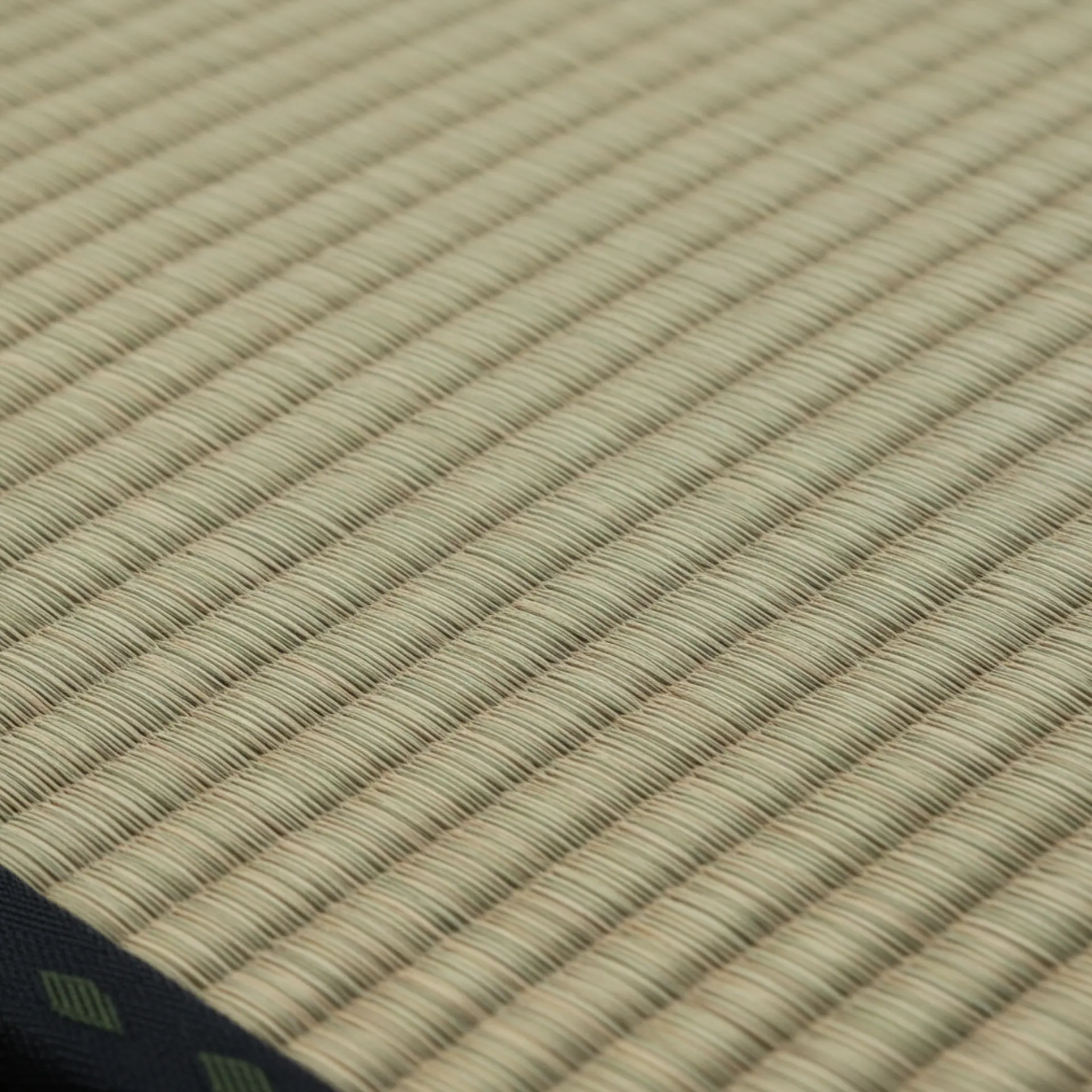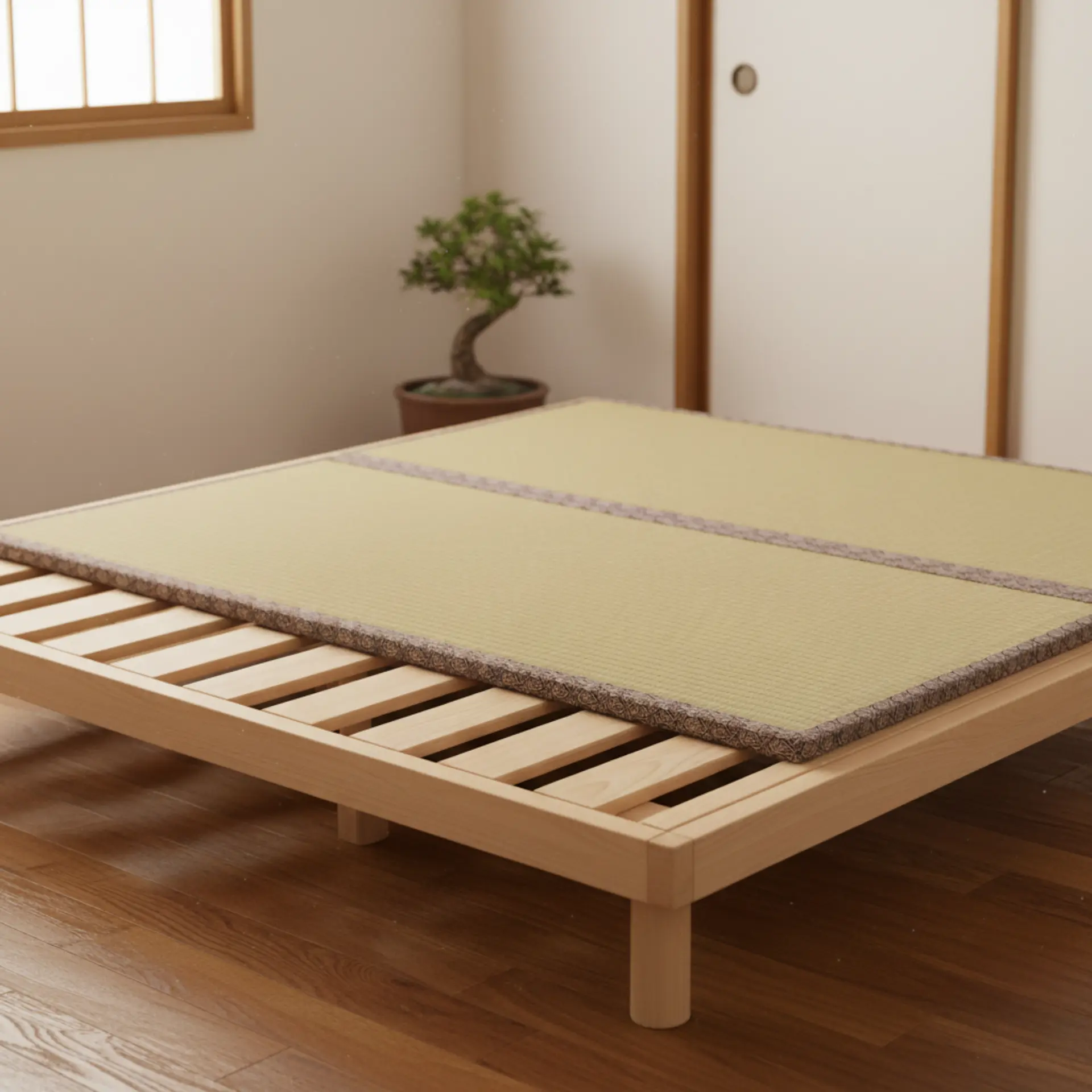You know, when you first hear about tatami mats, especially in the context of sleeping, you might be picturing something incredibly firm, perhaps even a bit uncomfortable. And I think that’s a pretty natural reaction for many of us who are used to big, plush mattresses. But let’s be real for a moment: "good" is a pretty subjective term, isn’t it? What's good for one person might be entirely different for another.

So, are tatami mats actually good for sleeping? Well, it depends on what you're looking for, and perhaps more importantly, what your body needs.
The Appeal of Tatami: Why People Consider Them

Historically, tatami mats have been a staple in Japanese homes for centuries. They’re not just for sleeping; they’re part of the overall living space. And there's a reason for their enduring popularity. For one, they offer a very firm, supportive surface. This can be a huge draw for people who suffer from back pain. I've heard many anecdotes, and I think there's a good amount of common wisdom, that a firmer surface can help align the spine better than a soft, sinking mattress. It stands to reason, doesn’t it? If your back isn't getting adequate support, it's going to complain.
Another benefit often cited is their natural composition. Made from compressed rice straw (traditionally, anyway) with a rush grass weaving on top, they can be quite breathable. This is a big deal, especially if you tend to sleep hot. Unlike some synthetic mattresses that trap heat, tatami allows for air circulation, which could lead to a cooler, more comfortable night’s sleep.

And then there's the aesthetic, of course. They bring a certain minimalist, serene feel to a room. For some, creating a Japanese-inspired bedroom is about more than just decor; it's about embracing a lifestyle that values simplicity and connection to nature.
The Other Side: Potential Downsides to Consider
Now, let’s not pretend it’s all sunshine and perfect spinal alignment. For someone accustomed to a soft mattress, making the switch to a tatami mat can be, well, a bit of a shock to the system. It's firm, and I mean firm. You might wake up feeling a bit stiff initially, and that’s perfectly normal. It can take some time for your body to adjust.

Also, while they are breathable, tatami mats do require some care. Because they're made from natural materials, they can be susceptible to moisture and even mold if not properly aired out. This isn't a deal-breaker, but it's something to be aware of. You might need to air them out regularly, perhaps by leaning them against a wall. It's a small chore, but a necessary one to maintain their longevity and hygiene.
And, I suppose, if you’re someone who absolutely loves to sink into a cloud-like bed, a tatami mat is probably not going to give you that sensation. It’s a completely different sleeping experience.
My Takeaway: Is it for You?
So, are tatami mats good for sleeping? I think they absolutely can be, especially if you:
- Prefer a very firm sleeping surface.
- Experience back pain that might benefit from more support.
- Tend to sleep hot and want something breathable.
- Appreciate natural materials and a minimalist aesthetic.
However, if you crave softness, aren't prepared for an adjustment period, or don't want the slight upkeep, then perhaps a tatami mat isn't the best fit. It’s really about personal preference and what feels right for *your* body. It's not a magic bullet for everyone, but for many, it offers a refreshing and surprisingly comfortable alternative to traditional bedding. Give it some thought, and maybe even a try if you're feeling adventurous!

